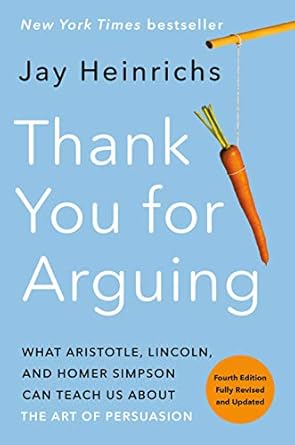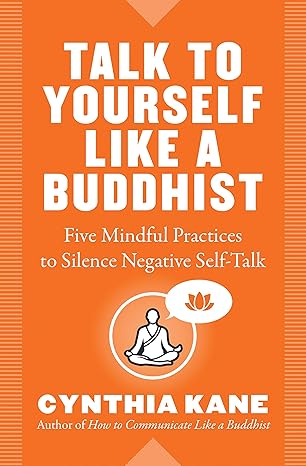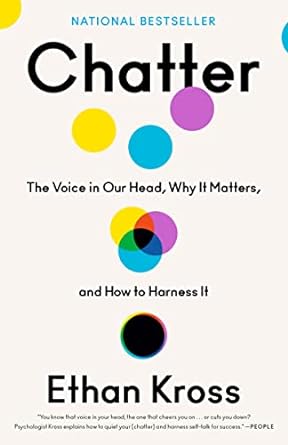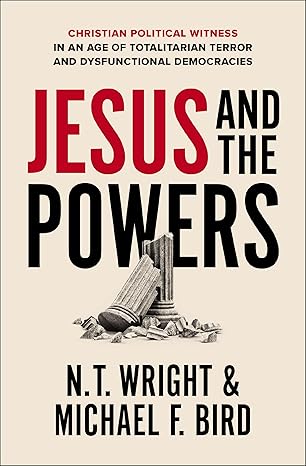
The Evolution of Aging
What is biological aging? Scientists have been baffled by this question for centuries and still disagree regarding even the general nature of aging. Is aging an unalterable fact of life or is aging itself a treatable condition? This book describes the increasing evidence and theoretical support for the exciting idea that aging can be generally delayed and lifespan extension is possible.
Today there are two main aging theories that provide explanations for observations of aging in humans and other mammals. Non-programmed theories, popular with gerontologists since 1952, propose that each species only evolved the ability to achieve a particular unalterable and internally controlled lifespan. Programmed aging theories propose that aging is the result of a suicide mechanism that purposely limits lifespan in order to obtain an evolutionary advantage. Both theories require modifications to evolution theory as generally understood. Programmed theories provide a better match to some observations but non-programmed theories involve a less extreme conflict with evolution theory.
This book provides an historical review of biological aging theories including underlying evolution and genetics issues and describes exciting recent discoveries and theoretical concepts showing that aging is indeed programmed.
Contents
Introduction
Evolutionary Mechanics Theory
Historic Theories of Aging
Modern Non-Programmed Theories
BEST DEALS
About the Author
“Theodore Goldsmith is one of the leading contemporary proponents of the idea that aging is ‘programmed’…” - Aubrey de Grey, Editor in Chief of the Journal of Rejuvenation Research.
“Goldsmith really gets it -- the evidence for an aging program, the need for group selection, and the implications for changing the emphasis of medical research. He's been saying this longer than any of us, and this new edition brings in the latest findings -- some of which he predicted a decade ago.” Joshua Mitteldorf, author of Aging is a Group-Selected Adaptation: Theory, Evidence, and Medical Implications on The Evolution of Aging 3rd ed. 2016
Theodore C. Goldsmith graduated from M.I.T. and lives with his wife in Annapolis Maryland. He has been studying and writing about aging and the evolutionary basis of aging since 2001. His books about theories of biological aging include Anti-Aging Medicine: How we Can Extend Lifespan and Live Longer and Healthier Lives (2020), An Introduction to Biological Aging Theory (2019), and The Evolution of Aging 3rd Ed. (2016).
Goldsmith is a contributing author with articles on aging theory for the following textbooks:
- Encyclopedia of Gerontology and Population Aging - Springer International
- Exercise and Physical Activity for Older Adults - Human Kinetics.
He is also a contributor to Programmed Aging Info at http://programmed-aging.org/
His blog on aging theory can be found at: http://aging-theories.org
A list of other publications can be found at http://www.azinet.com/aging/.
Some articles on aging theory by Theodore C. Goldsmith:
- Digital Genetics, Variation, Evolvability, and the Evolution of Programmed Aging. Biochemistry (Moscow) 2019
- Aging as an evolved characteristic - Weismann's theory reconsidered. Journal of Medical Hypotheses. 62 (2)304-308 2004
- On the programmed/ non-programmed aging controversy. Biochemistry (Moscow) Phenoptosis 77-7 2012
- Aging Theories and the Zero-Sum Game. Guest Editorial Rejuvenation Research 17(1):1-2 PMID: 24438180 2014
- Arguments Against Non-Programmed Aging Theories. Biochemistry (Moscow) Phenoptosis 78-9 PMID: 24228918 2013
- Externally Regulated Programmed Aging and the Effects of Population Stress on Mammal Lifespan Biochemistry (Mosc) 82:12 PMID: 29486694 2017












